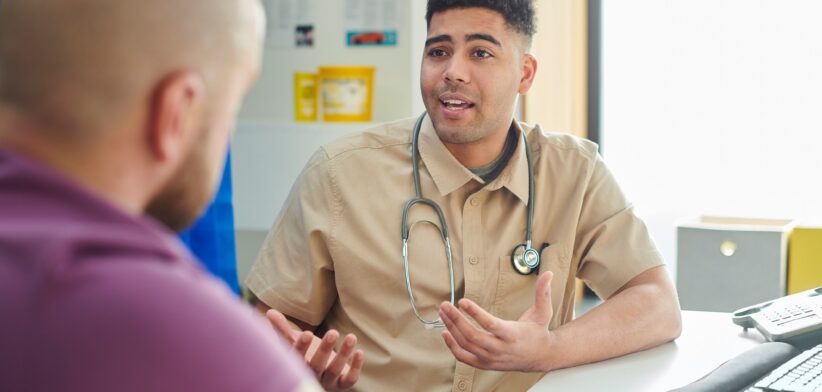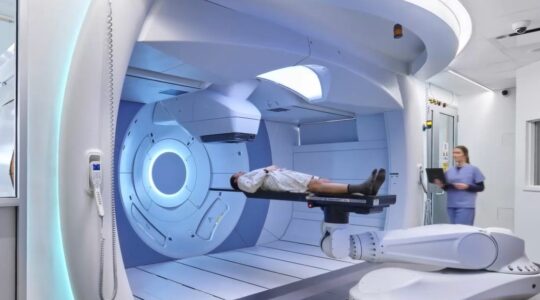Australian doctors are calling for 20 percent increases in Medicare rebates across a number of services to maintain improved bulk billing numbers.
As the Federal Government announced the GP bulk billing rate in March had increased by just over 2 percent since November to 77.7 per cent, the Royal Australian College of GPs (RACGP) said more needed to be done.
RACGP President Dr Nicole Higgins said the improved figures showed investment into Medicare for GP services had helped patients access essential care and called for more funding in the next Federal Budget, suggesting a 20 percent increase to rebates for longer consultations and extra support for rural patients, especially for those with chronic and complex health issues.
A pre-budget submission also called for a 20 percent increase in rebates for GP mental health consultations.
The submission suggests funding for practice-based pharmacists and universal annual children’s health checks in the first 2000 days.
It also sought new funding to support coordinated care for older Australians and funding to support patients to see their GP within seven days of an unplanned hospital visit to improve health outcomes and reduce readmissions.
“Last year’s Federal Budget tripled the bulk billing incentives for pensioners, healthcare card holders and children. It was just the first step to ensuring our patients can access the healthcare they need and that we have enough GPs to keep people healthy and out of hospital into the future.” Dr Higgins said.
“We saw in January that bulk billing had lifted 2.1% since November, and that’s held true in March. Further increases will require further investment into Medicare and general practice, including general practice teams.
“The increased bulk billing incentive boosted bulk billing generally, but was focused on specific groups. We need concrete action in the next Budget to support patients and practices.”








